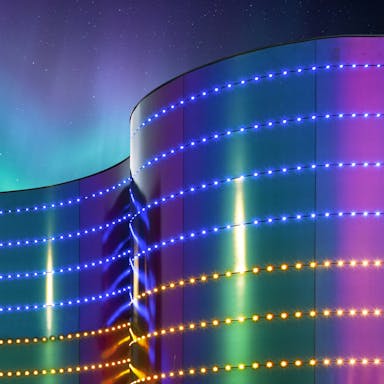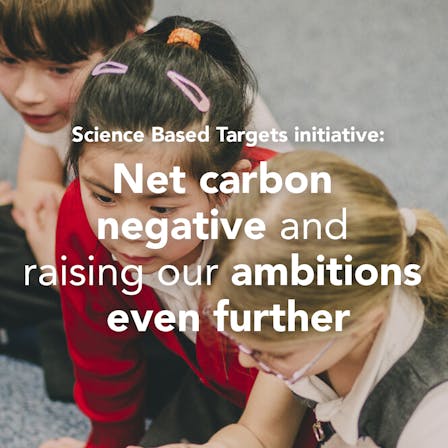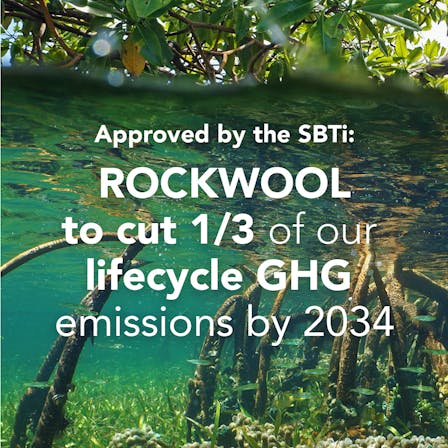Investing in innovation
Reduction of our factories’ direct emissions is a key focus of our technological innovation. That is why we’re pioneering large scale electric melting technology, well suited for countries where the electricity grid is already low carbon. In Norway, we’ve chosen our factory in Moss to be the pilot project for what is the industry’s largest electric melter. This will reduce the Moss factory’s carbon emissions by approximately 80 percent.
For years, ROCKWOOL has also made substantial investments in developing fuel-flexible melting technology. Now we’re reaping the benefits, as the technology allows us to transition to less carbon-intensive fuels. Our two Danish factories are shining examples of this. The shift to natural gas in 2020 and to biogas in 2021 means that we’re able to reduce our absolute carbon emissions in Denmark by 70 percent as soon as 2021.
2021 will also see the conversion of one of our factories in Poland to natural gas, and operations at our newest facility under construction in the United States will start up using natural gas instead of coal. But this is just the exciting beginning. As we learn and further develop these new technologies, we plan to convert additional factories over the coming years.
Circularity is set in stone
The natural circularity of stone wool means we’re able to fully recycle it an indefinite number of times without any loss of performance. We’ll increase efforts to collect and recycle used stone wool, with a goal to recycle 100 percent and do it again and again. Because with stone wool, the end is just the beginning.
Did you watch the video?
Download our sustainability report












